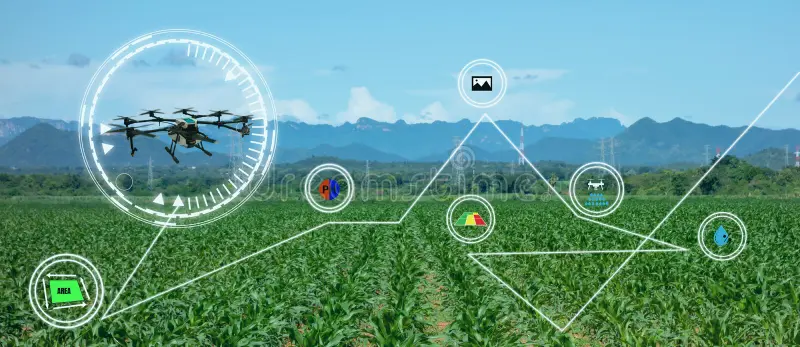Agronomical farm plan
An agronomical farm plan is a scientific and strategic layout of farm activities, focusing on crop management, soil health, resource utilization, and sustainable agricultural practices to maximize productivity and profitability.
Key Components:
1.Crop Planning:
Selection of suitable crops based on soil, climate, and market demand.
Crop rotation and intercropping strategies.
2. Soil Health Management:
Soil testing and nutrient management.
Use of organic matter, green manures, and biofertilizers.
3. Water Management:
Efficient irrigation methods (drip/sprinkler).
Rainwater harvesting and moisture conservation.
4. Pest & Disease Management:
Integrated Pest Management (IPM).
Use of biopesticides and crop-specific pest control plans.
5. Input Planning:
Timely supply of quality seeds, fertilizers, and plant protection materials.
6. Farm Mechanization:
Use of appropriate machinery for land preparation, sowing, and harvesting.
7. Harvest & Post-Harvest Management:
Planning for timely harvesting, storage, grading, and marketing.
Benefits:
- Optimizes use of land and resources.
- Reduces input costs and improves yields.
- Promotes sustainability and soil conservation.
- Ensures better market alignment and income stability.


